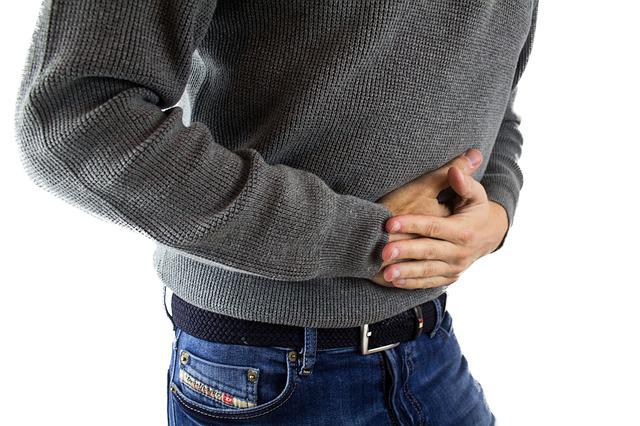Why Does Chronic Prostatitis Cause Pain?
Date:2022-06-29 click:0
If the prostate is healthy, men will be healthy. But chronic prostatitis will make people feel unbearable, with abnormal urination, frequent urination, urgency, dysuria, external genitalia, and deep bladder and urethra. If you have some signs, you may have chronic prostatitis. Many chronic prostatitis patients are puzzled why they experience pain when suffering from chronic prostatitis? It is related to these factors.

Many chronic prostatitis patients are very puzzled. Why do they experience pain when suffering from chronic prostatitis? It is related to these factors.
The first is abnormal urination function.
Some patients with chronic prostatitis may experience abnormal urination, such as frequent urination, urgency, dysuria, and incomplete urination, which are manifestations of abnormal urination function. The pain of chronic prostatitis is caused by urination dysfunction and urine reflux.
The second is neurological dysfunction.
The pain in patients with chronic prostatitis is not only because of the prostate itself but also may be related to the abnormal neural regulation mechanism of pain and the lesions of conduction pathways.
The third is immune response factors.
In recent years, more and more studies have proved that immune factors can lead to chronic prostatitis. The invasion of pathogenic factors into the body will cause specific changes. The body's immune system is stimulated, CD4T cells are activated, and a series of cytotoxic effects mediated by cells and cytokines cause pathological changes in the prostate, resulting in local pain.
The fourth is psychological factors.
According to statistical studies, most patients with chronic prostatitis have mental and psychological problems, such as depression, anxiety, and other mental diseases, which can cause autonomic nervous disorders through the mental-neurotransmitter-neural circuit. This neurological dysfunction controls the posterior urethra and can cause pelvic dysfunction. There are several symptoms, such as regional pain and voiding dysfunction. In addition, mental anxiety and depression can cause changes in cytokines through mast cells, thereby causing prostatitis and pain through the cytokine pathway.
The fifth is lower urothelial dysfunction.
Some foreigners have done such an experiment: intravesical instillation of KCl and NaCI solutions were respectively performed on healthy urothelial patients and patients with chronic prostatitis. As a result, people with healthy urothelium were infused with both solutions without causing abnormal symptoms.
At the same time, patients with chronic prostatitis were asymptomatic when infused with NaCI solution. About 80% of patients experienced pain, frequent urination, urgency, and other symptoms when infused with KCI solution. It suggests that potassium ions are likely to be one of the causes of pain and abnormal urination in patients with chronic prostatitis. Pentosan sulfate sodium is a widely used lower urothelial repair drug in clinical practice.
After being applied to interstitial cystitis and chronic prostatitis, clinical symptoms have been significantly improved. Analyzing these studies, we found that urothelial dysfunction is likely to be one of the causes of pain in patients with chronic prostatitis. Under normal circumstances, the bladder epithelium is attached to a protective layer, the main component of which is glucosamine (GAG).
This protective layer has a barrier function and can prevent high concentrations of potassium ions in the blood from being reabsorbed. The permeability will increase, K+ will enter the suburothelium, and the high potassium stimulation of the urothelial nerve will cause pain and other symptoms of abnormal urination.
Chronic prostatitis can be cured by drug treatment. Diuretic and Anti-inflammatory Pill is made of purely natural medicine. Patients with chronic prostatitis can eradicate the root of the disease after taking drugs for several months. Therefore, the Diuretic and Anti-inflammatory Pill is chosen by the majority of patients.
In addition to taking medicines, patients should also pay attention to contraindications, such as drinking plenty of water and avoiding sitting and standing for long periods.
Tips: If you have some symptoms of chronic prostatitis, such as frequent urination, urgency, waiting for urination, pain in the perineum, etc., seek medical attention in time.
You may also be interested in:



